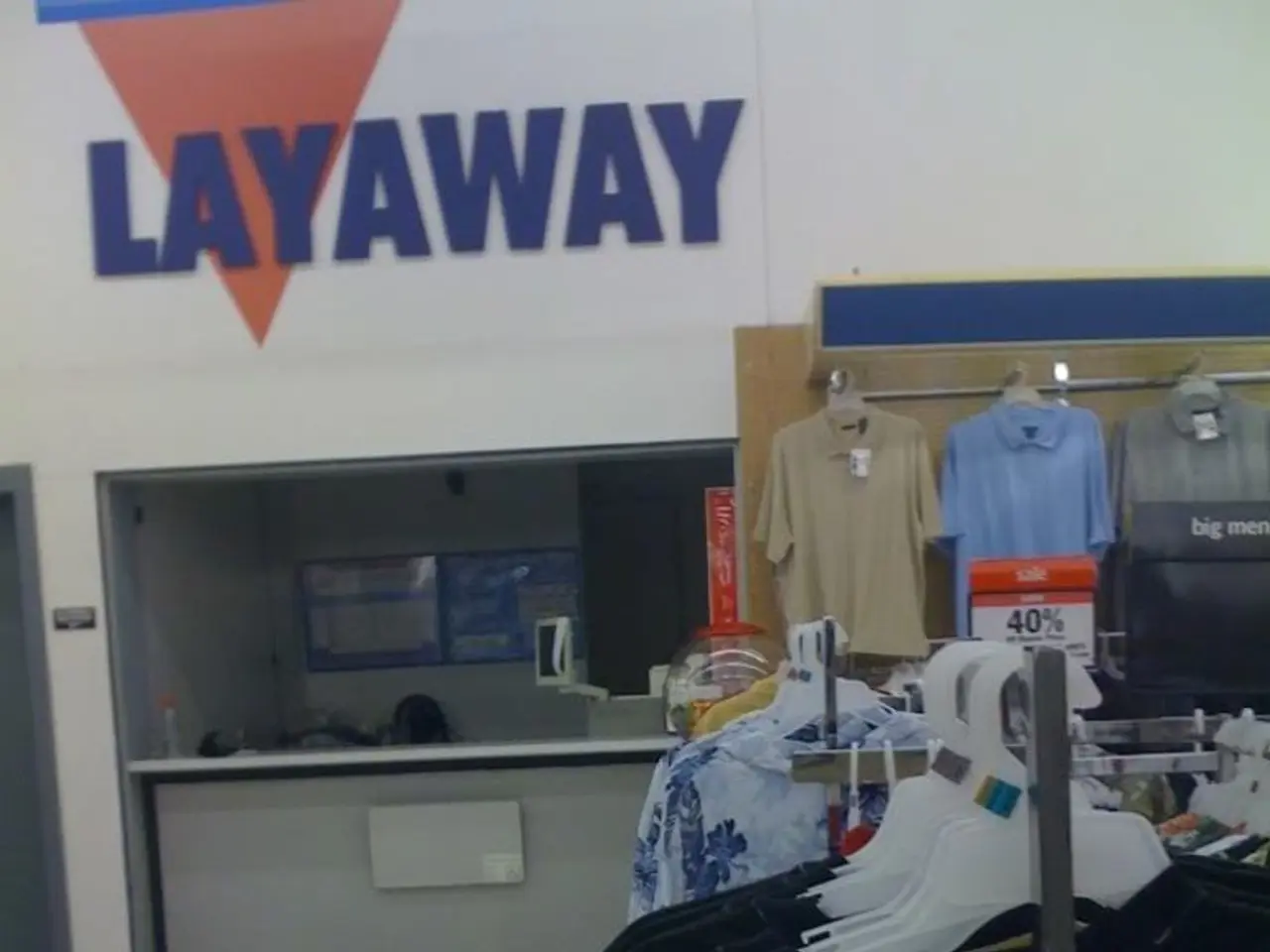Interview Questions with Purva Gupta, Co-Founder and Chief Executive Officer of Lily AI
Lily AI, a pioneering company founded in 2015, is revolutionizing the retail industry by offering innovative solutions for demand forecasting. The AI-powered platform is designed to ensure that retailers have the right size, colour, and style mix of items ordered ahead of longer lead times, thereby optimizing both in-store and online shopping experiences.
The AI-powered product attributes platform developed by Lily AI has proven to significantly reduce forecasting timelines. For instance, a multi-brand retailer was able to reduce its forecasting timelines from three months to one month with the help of automation at scale. Moreover, the platform injects customer language across a retailer's existing stack, enhancing the fundamental disconnect between retailers and shoppers by accurately connecting them with relevant products.
Purva Gupta, the co-founder and CEO of Lily AI, identified the issue of fashion retail's inability to understand detailed descriptions used by shoppers in real life. This insight led to the development of a shopping experience that understands the emotional context of shoppers in online commerce.
AI plays a crucial role in forecasting by providing better and more granular product attribution data. This enables retailers to make more precise decisions earlier in the supply chain process, reducing the risk of not being able to sell what they order at full margins or needing to sell through "bad guesses" at a discount.
The aim is to replace wholesale pre-orders with a leaner, demand-led, made-to-order model that fuels product development and allows retailers to launch lines that can be sold at full margin, rather than discounted later.
Lily AI's AI-powered demand forecasting helps retailers make informed decisions about what products to stock, both physically and digitally, by analyzing past purchases and providing signals about what to stock. This has resulted in significant revenue uplift for retailers like The Gap, Bloomingdale's, Macy's, and thredUP.
In the future, AI in retail will significantly enhance product search, personalized recommendations, demand forecasting, and in-store experiences. AI-powered conversational filtering systems will transform traditional search into guided, interactive experiences, accelerating discovery and increasing engagement with large product catalogs. Advanced AI recommendation engines will learn from minimal customer data in real time, understanding contextual relationships between products and previous purchase patterns, enabling personalized, dynamic suggestions.
AI is also being integrated into physical retail through technologies like AI-generated try-on models for clothing and accessories within e-commerce platforms, hinting at future in-store applications such as virtual fitting rooms, personalized digital assistants, and AI-driven price tracking and promotions. These technologies enhance shopping convenience and engagement by linking online and offline retail better.
In summary, Lily AI's solutions are projected to positively impact topline revenue for retailers, with one retailer expecting up to $48 million in revenue increase this year. The increased accuracy and time savings in the forecasting pipeline result in the right products being ordered at the right time, allowing retailers to get ahead of supply chain orders and sell more products at full margin.
- Purva Gupta's vision for Lily AI's AI-powered platform is to not only improve demand forecasting but also enhance the emotional context of online shopping by understanding detailed product descriptions and customer language.
- The AI-powered product attributes platform developed by Lily AI has been instrumental in reducing forecasting timelines for retailers, with a multi-brand retailer reducing its forecasting timelines from three months to one month as a result of automation at scale.
- The integration of AI technology in retail goes beyond demand forecasting, as it is being used to automate in-store experiences, such as AI-generated try-on models, virtual fitting rooms, personalized digital assistants, and AI-driven price tracking and promotions, all aimed at linking online and offline retail for increased shopping convenience and engagement.




